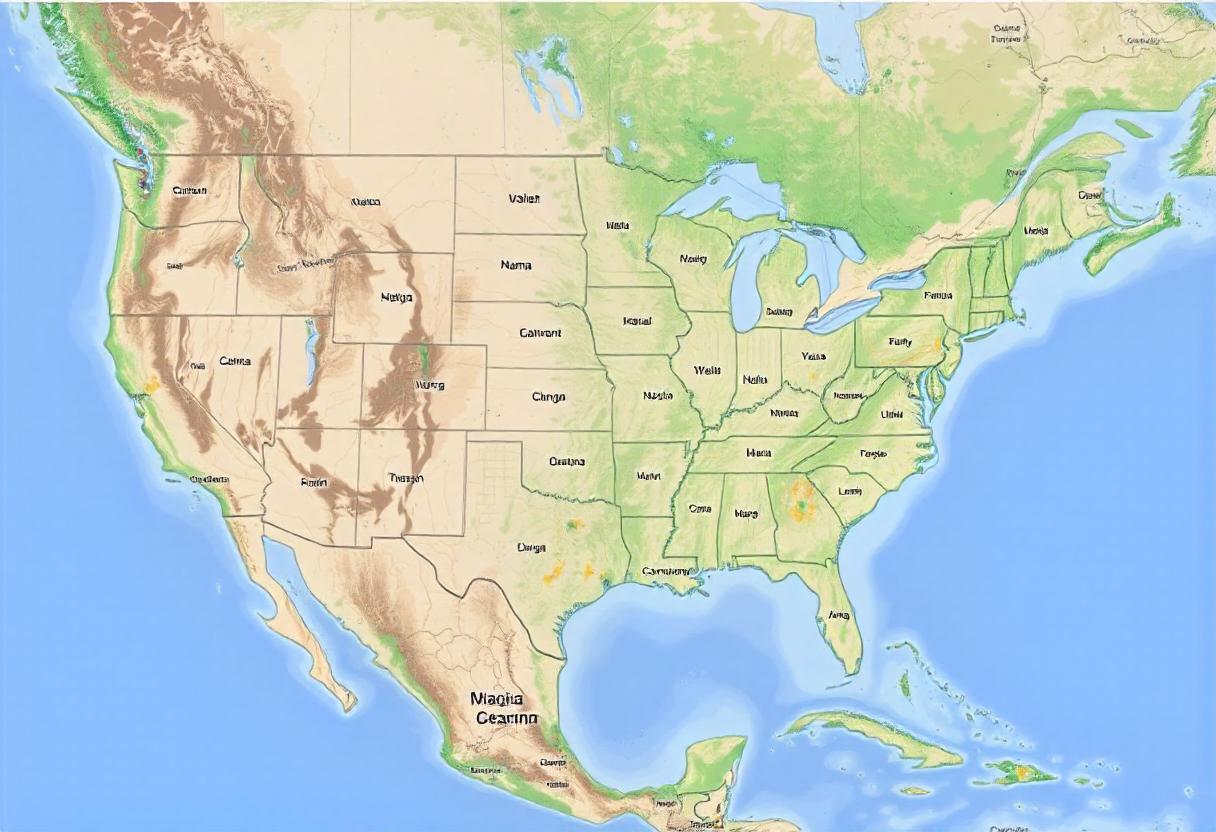
The Importance of Land Use Planning
Land use planning is a critical process that involves managing how land is used and developed. It ensures that land resources are utilized efficiently and sustainably, balancing development with conservation efforts. Proper planning helps in minimizing environmental impact, preserving natural resources, and promoting economic growth.
Types of Land Use
- Residential: This involves areas designated for housing and living purposes. Effective land use planning ensures that residential areas are developed in a way that supports community needs and provides adequate infrastructure.
- Commercial: These areas are designated for business activities, including retail, offices, and other commercial enterprises. Proper planning in commercial land use promotes economic development and job creation.
- Industrial: Industrial land use involves areas designated for manufacturing, production, and other industrial activities. Managing industrial land use helps in reducing pollution and ensuring that industrial activities are conducted in appropriate locations.
- Agricultural: Agricultural land use focuses on areas used for farming and food production. Conservation efforts in agricultural land use aim to maintain soil health, water quality, and biodiversity.
- Recreational: This includes parks, sports facilities, and other areas intended for leisure and recreational activities. Proper planning ensures that these spaces are accessible and provide benefits to the community.
- Conservation: Areas designated for conservation are protected to preserve natural habitats, wildlife, and ecological systems. Conservation land use helps in maintaining biodiversity and mitigating environmental degradation.
Conservation Strategies
- Protected Areas: Establishing protected areas such as national parks, wildlife reserves, and nature reserves helps in safeguarding ecosystems and species from human activities.
- Sustainable Practices: Implementing sustainable land management practices, such as crop rotation, agroforestry, and sustainable forestry, helps in conserving resources and maintaining ecological balance.
- Restoration Projects: Restoration projects aim to rehabilitate degraded lands and ecosystems. These projects can include reforestation, wetland restoration, and soil erosion control.
- Community Involvement: Engaging local communities in conservation efforts promotes awareness and encourages sustainable land use practices. Community involvement can also provide valuable insights into local environmental issues.
- Policy and Regulation: Effective land use policies and regulations are essential for managing land resources and promoting conservation. Policies may include zoning laws, land use permits, and environmental impact assessments.
Challenges in Land Use and Conservation
- Urbanization: Rapid urbanization can lead to the loss of natural habitats and increased pressure on land resources. Balancing urban development with conservation efforts is a significant challenge.
- Climate Change: Climate change impacts land use and conservation by altering ecosystems, affecting water resources, and increasing the frequency of extreme weather events.
- Economic Pressures: Economic pressures can drive unsustainable land use practices, such as deforestation and overexploitation of resources. Addressing these pressures requires a balance between economic development and conservation goals.
- Conflicting Interests: Conflicts between various land uses, such as agriculture and conservation, can arise. Finding solutions that address these conflicts is crucial for effective land management.
- Resource Management: Managing land resources efficiently requires understanding the complex interactions between different land uses and their impact on the environment.
The Role of Technology in Land Use and Conservation
- Geographic Information Systems (GIS): GIS technology helps in mapping and analyzing land use patterns, aiding in effective planning and decision-making.
- Remote Sensing: Remote sensing technologies provide valuable data on land cover changes, environmental conditions, and resource management.
- Data Analytics: Advanced data analytics can support land use planning by providing insights into land use trends, resource availability, and environmental impacts.
- Sustainable Technologies: Innovations in sustainable technologies, such as precision agriculture and green infrastructure, contribute to more efficient land use and conservation practices.
By integrating these strategies and addressing the challenges, land use planning and conservation efforts can work towards achieving a balance between development and environmental stewardship.